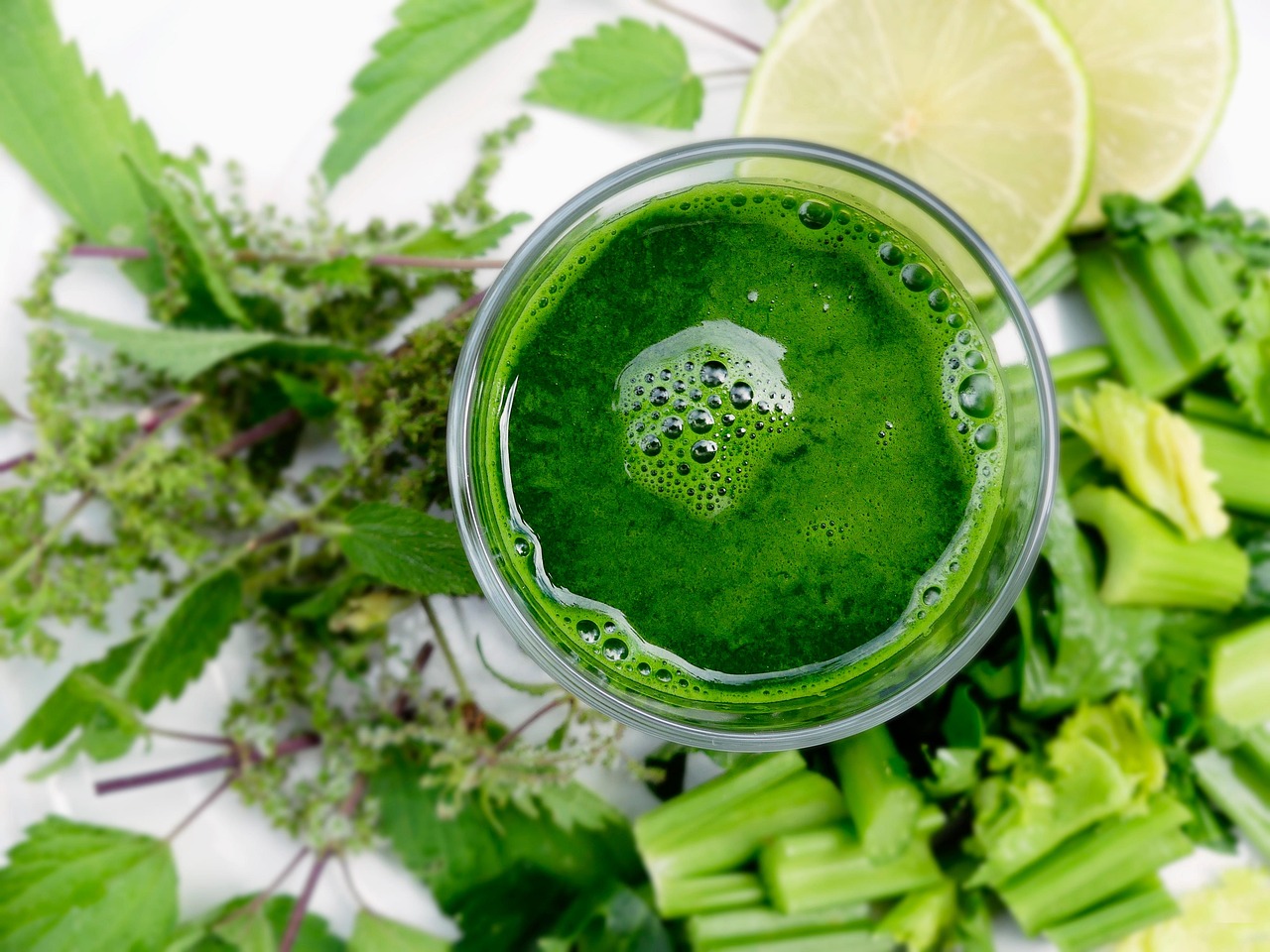“`html
In today’s fast-paced world, juggling work, family, and personal time can be overwhelming, leaving little room for nutritious meal preparation. This is where meal prep comes into play, offering a convenient and effective solution to streamline your cooking routine, save money, and maintain a healthier diet. Whether you’re a busy professional, a parent, or simply someone looking to eat better, understanding the fundamentals of meal prep can significantly enhance your culinary experience. Let’s dive into the details!
What is Meal Prep?
Meal prep, short for meal preparation, involves preparing meals in advance for the week or a specified period. This can encompass cooking entire meals, chopping vegetables, or portioning snacks. By planning and preparing your meals ahead of time, you minimize the chances of reaching for unhealthy options when hunger strikes.
Types of Meal Prep
- Batch Cooking: Cooking large quantities of meals and dividing them into individual portions for multiple servings throughout the week.
- Ingredient Prep: Preparing raw ingredients ahead of time. For instance, washing, cutting, and storing vegetables.
- Ready-to-Eat Meals: Fully cooking meals that can be reheated quickly during busy days.
Benefits of Meal Prep
Meal prep offers a plethora of benefits that can transform your approach to cooking and eating.
1. Saves Time
- Minimal daily cooking time.
- Less time spent grocery shopping as you plan ahead.
- Reduced clean-up time after meals.
2. Promotes Healthy Eating
- Allows for better portion control.
- Encourages the consumption of whole foods.
- Reduces reliance on takeout and fast food options.
3. Saves Money
- Buying in bulk can reduce grocery costs.
- Limits food waste by planning meals around available ingredients.
- Prevents impulse purchases at restaurants.
Getting Started with Meal Prep
Initiating your meal prep journey doesn’t have to be intimidating. Follow these simple steps to set yourself up for success:
1. Plan Your Meals
- Decide on the number of meals you want to prepare for the week.
- Choose nutritious recipes that excite you.
- Write out a meal plan and include breakfast, lunch, dinner, and snacks.
2. Create a Grocery List
Based on your meal plan, compile a comprehensive grocery list. This will help you stay focused during your shopping trip and avoid purchasing unnecessary items.
3. Organize Your Cooking Space
- Clear your kitchen counter and gather all necessary utensils and appliances.
- Designate specific areas for raw ingredients and prepped food.
- Utilize containers that are freezer-friendly and microwave-safe for storage.
Tips for Successful Meal Prep
To maximize the benefits of meal prep, consider these actionable tips:
1. Use Versatile Ingredients
- Choose ingredients that can be used in multiple recipes, such as quinoa, chicken breast, and mixed vegetables.
- Consider spices and sauces that can be added to different meals for variety.
2. Invest in Quality Storage Containers
Good storage containers keep your meals fresh and organized. Look for:
- Glass containers for easy reheating.
- BPA-free plastic containers for allergen safety.
- Divided containers for portion control.
3. Set Aside a Specific Time
Designate a particular time each week for meal prep. Many people find that weekends work best for this, allocating 2-3 hours to cook and prepare meals for the week.
Conclusion
Meal prep is more than just a trend; it’s a sustainable lifestyle choice that can significantly enhance your health, save you time, and make eating enjoyable again. By understanding the fundamentals and benefits of meal prep, developing a strategy, and utilizing practical tips, you can create a harmonious relationship with food and develop habits that last. Start small, adapt as needed, and watch how meal prep transforms your daily routine for the better.
“`






